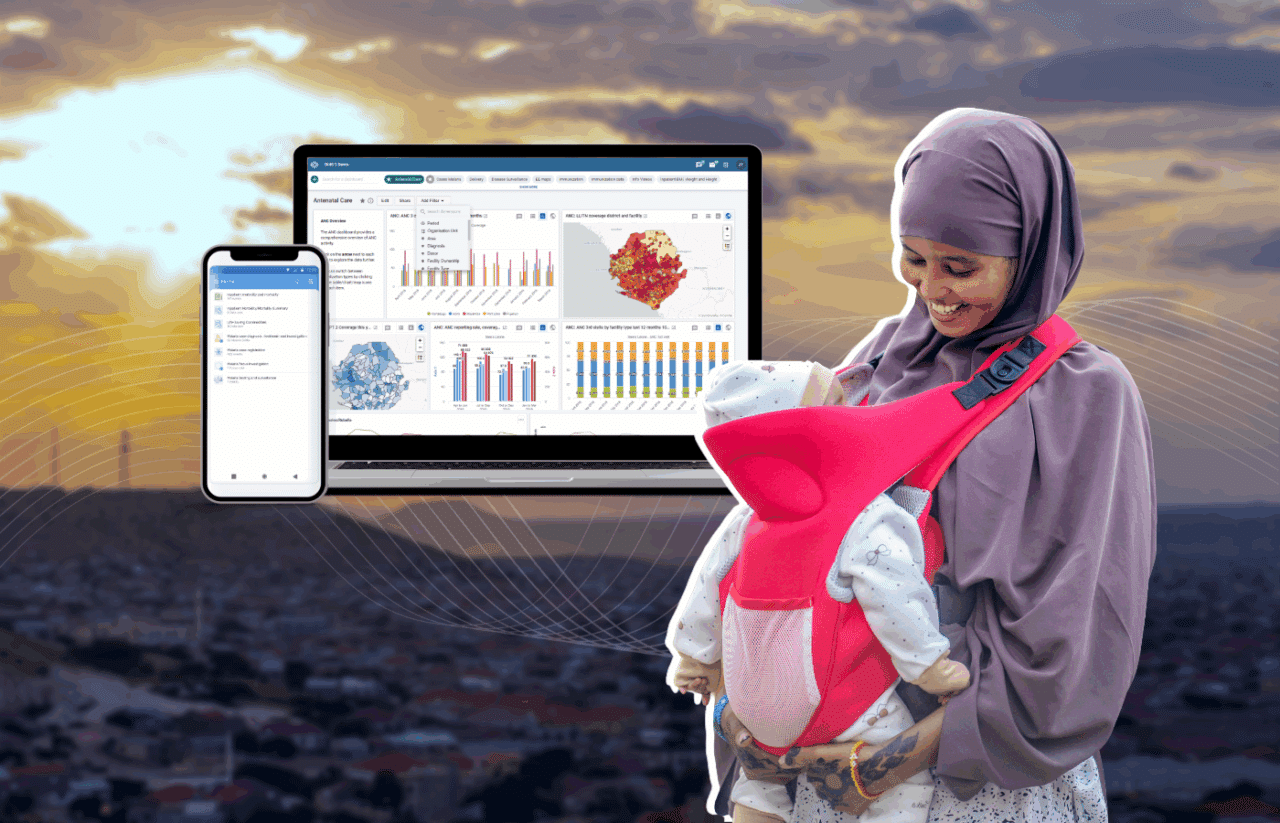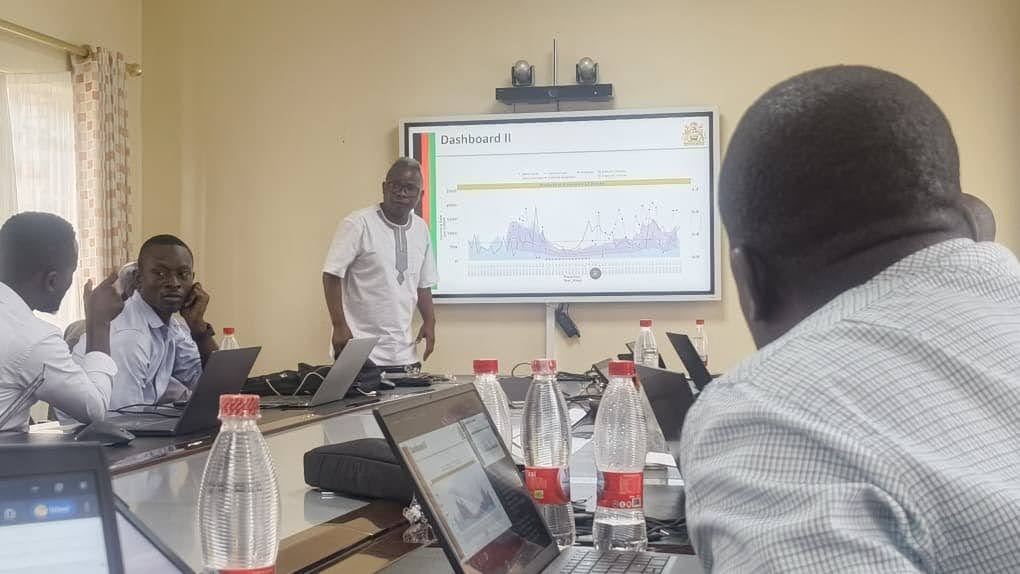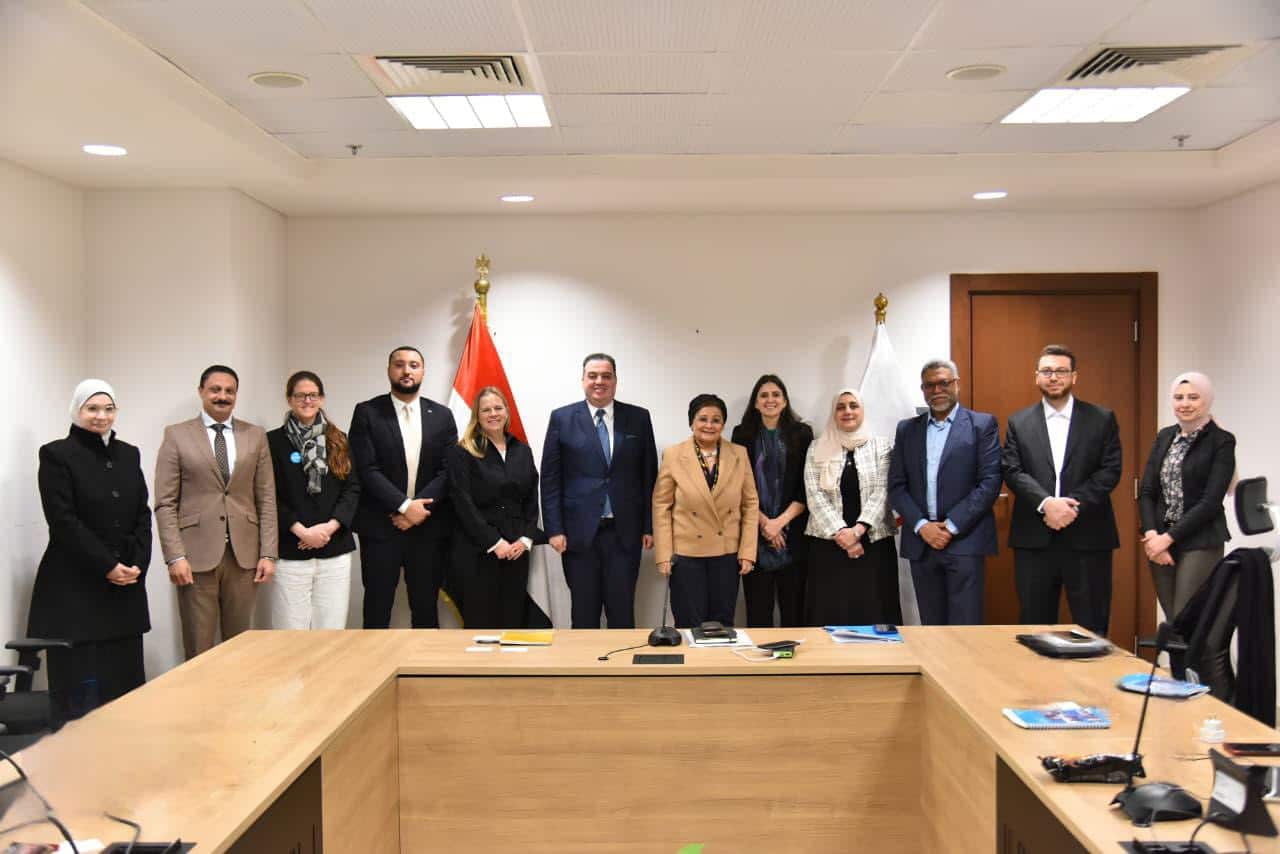The DHIS2 Annual Conference takes place from 15-18 June 2026! Learn more

UNICEF and HISP UiO Expand Partnership to Strengthen Somalia’s Health Information System
A new three-year agreement will enhance DHIS2 functionality, build local capacity, and improve HIV data tracking and immunization records in support of stronger health outcomes.
The HISP Centre at the University of Oslo (HISP UiO) and UNICEF have signed a new three-year agreement to strengthen Somalia’s DHIS2-based health management information system through enhanced technical support, local capacity building, and improved data quality. The collaboration builds on a successful partnership from 2020 to 2023, which supported the initial deployment of DHIS2 in Somalia’s health sector, and will be implemented with the support of regional partner HISP Tanzania.
The agreement reflects UNICEF’s longstanding engagement in Somalia’s health sector since 2007, which has contributed to significant progress in health data management, including the adoption of DHIS2 Tracker for disease surveillance, HIV monitoring, and immunization records. By expanding system capabilities and building in-country expertise, the partnership aims to ensure Somalia’s Ministry of Health can manage and sustain its health information systems independently.
Key Focus Areas of the Agreement
- Ongoing system maintenance: Provide continued technical upkeep of Somalia’s DHIS2 platform to ensure consistent, reliable access to health data for decision-making.
- Local capacity building: Regular virtual training sessions and hands-on technical support will empower Ministry of Health staff to operate and adapt DHIS2 without external assistance.
- HIV Tracker deployment: The project team will implement and enhance DHIS2’s HIV Tracker module to improve monitoring of HIV cases, strengthen data security, and enable tracking of program performance to identify areas for improvement in HIV services.
Strengthening Health Decision-Making
This partnership represents a significant investment in Somalia’s health information infrastructure, building on years of collaboration between UNICEF, WHO, and local health authorities. By focusing on sustainable technical support, local capacity building, and improved disease tracking, the agreement aims to strengthen Somalia’s ability to make informed health policy decisions.
The comprehensive approach—combining system maintenance, skills development, and targeted health program improvements—reflects the sustained commitment required to build effective health information systems that can improve health outcomes for Somali citizens.
Background
HISP UiO coordinates the development of the open-source DHIS2 platform and provides leadership in digital information systems for health, education, logistics, climate, and more. In Somalia, DHIS2 serves as the backbone of the national health management information system, supporting data collection and analysis across areas such as disease surveillance, HIV monitoring, and immunization. UNICEF works closely with governments and partners to strengthen health systems and improve outcomes for children and families, with a long history of support in Somalia’s health sector. HISP Tanzania, as the local implementation partner, and member of the HISP network, brings expertise in DHIS2 deployment, training, and customization, with experience working alongside Ministries of Health across East Africa to build sustainable, data-driven health information systems.


